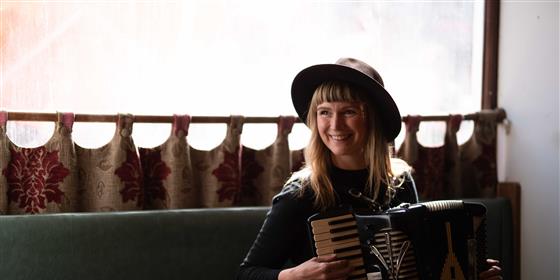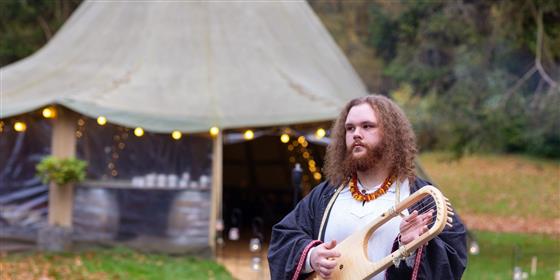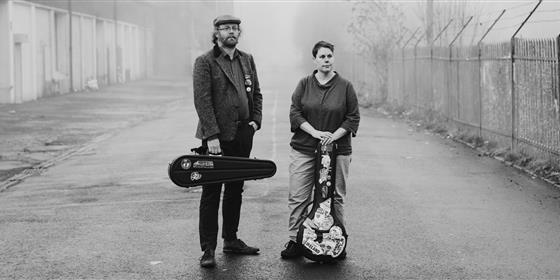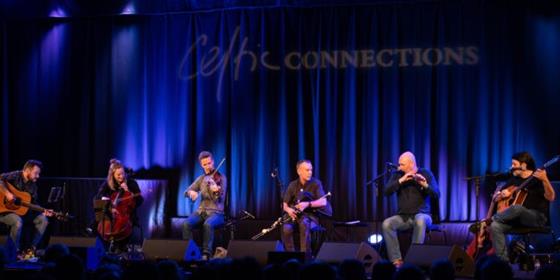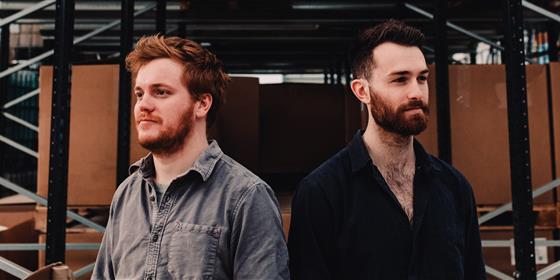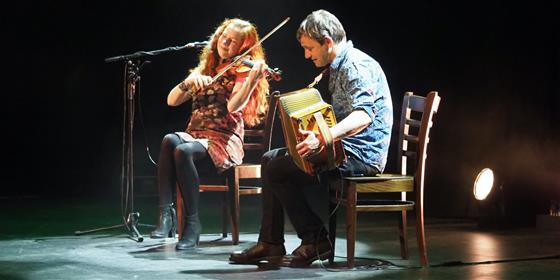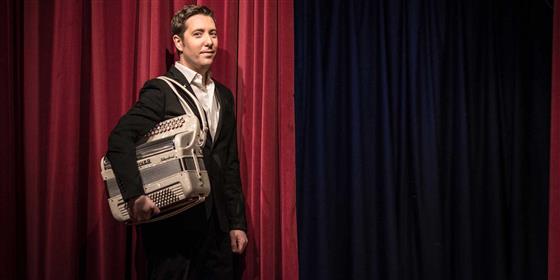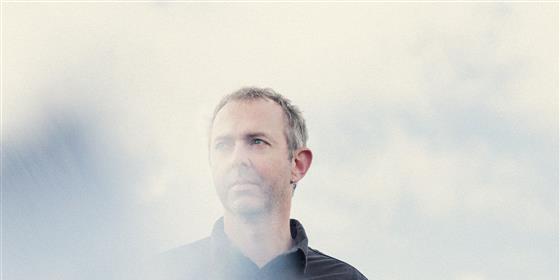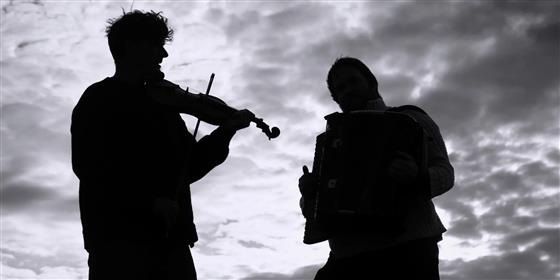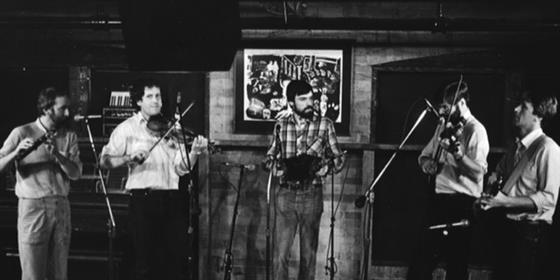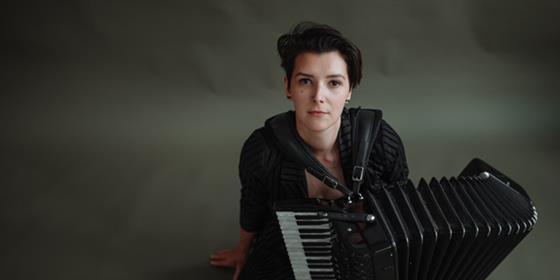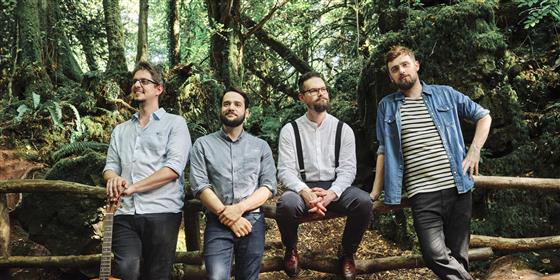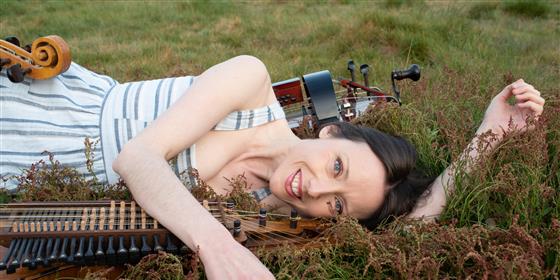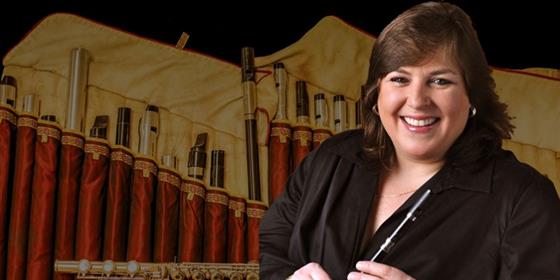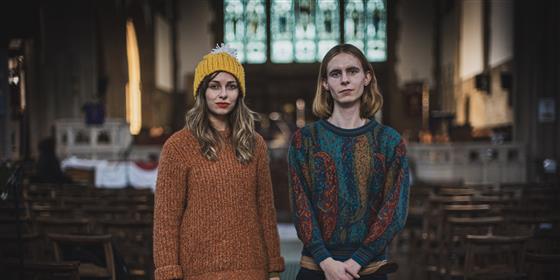Posted by Michele Mele 22 August 2020
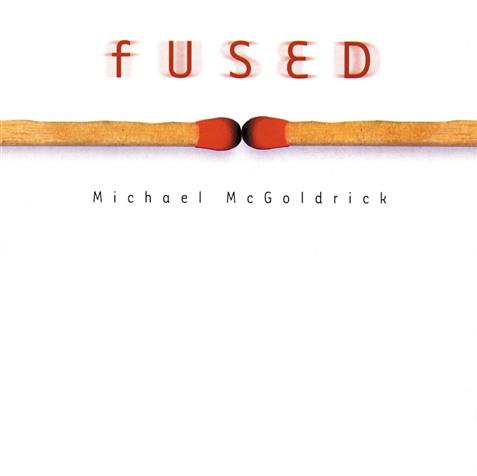
Manchester multi-instrumentalist Michael McGoldrick has reshaped traditional music in the last few decades. Starting from his 1996 debut album Morning Rory he has gone through a process of deep and sophisticated musical experimentation, incorporating elements from a number of other styles into the already multifaceted genre of folk music.
Fused, released in 2000 is a milestone in this process. Jazz, world music, funk and easy listening are just some of the forms of music that influenced this ground-breaking release with unforgettable cover art, a must for every true fan of the folk fusion genre of which McGoldrick is among the founders.
From the opening track, the Eastern European inspired Watermans, to the final rendition of Donal Og delivered by Karan Casey in a haunting arrangement by McGoldrick, this kaleidoscopic work smoothly flows through different atmospheres but it manages to stay always consistent in style, also thanks to the contributions of great names such as Karen Matheson, Ed Boyd, Donald Shaw and Neil Yates.
This album also gave a new dignity to an often underrated instrument. In many tracks McGoldrickʼs low whistle leads the ensemble with its mellow tones and almost unexpected versatility, marking a new beginning in the instrumentʼs reputation and use.
Fused and its audacious arrangements of traditional material have influenced many composers of the folk scene, as McGoldrick carried on experimenting with his solo albums Wired (2005), Aurora (2010) and ARC 2018), and his collaborations with artists such as Capercaillie, Mark Knopfler, Afro Celt Sound System, John McSherry and the mighty trio he formed with John McCusker and John Doyle.
Michael McGoldrick has been so kind to answer a few questions for Bright Young Folk to celebrate the 20th anniversary of the release of Fused.
You play several instruments, both belonging to the folk tradition and more modern ones: which is the first one you picked up and how did the others follow?
I started playing drums and bodhran when I was around 8 years old. The following year I started the tin whistle, after 4 years, aged 13 I started the wooden flute and at 19 I started the uilleann pipes. Iʼm still to this day picking up new instruments trying to broaden my skillset and find new sounds to add to my work.
Which were the artists that had the greatest influence on your musical tastes?
Hereʼs a few: Matt Molloy & Donal Lunny, Capercaillie, Moving Hearts, John Coltrane, Weather Report, Gill Scott Heron and Tower of Power.
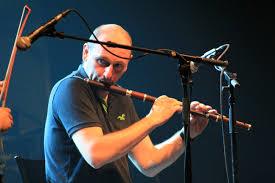
Which were the memorable moments in the making of Fused?
Being in the studio, listening and watching everyone play and sing was magical! Donald Shawʼs production and his natural way of working with people is second to none. Good vibes out there, heʼs a bit of a genius is Donald.
I also Remember Playing the track Ridee to Dezi Donnelly at the end of his session. Dez was under pressure as his taxi had been booked. He listened to it once and then recorded an intro in one take.
His taxi arrived just as he finished the take, so he didnʼt get chance to listen back to what he had played. When the album was released, we listened to that track, and he asked, "that sounds good, whoʼs playing fiddle on that?" Which made me laugh when I told him "you are!"
You were among the first to mix folk tunes with jazz, but the way you did so on Fused, and still do, is truly distinctive. Stockport-born trumpet and flugelhorn player Neil Yates is your usual musical partner in creating this peculiar sound: how did this partnership start?
It was in a recording studio in Manchester. Neil Yates was in the brass section playing a brass part over a reel called The Wind That Shakes The Barley. The recording session had finished and everyone had gone (so I thought), but I could still hear someone playing the reel in the distance.
It was Neil playing the tune on his trumpet with the mute in and it sounded great. I remember saying we should keep in touch and record sometime; 25 years later we’re still making music together.
Which is the track that best represents the sound you were aiming for in Fused? And Why?
I donʼt have a standout track to be honest. I was into recording music that I enjoyed playing and if folk liked it, it was a bonus.
You opened new musical landscapes for the low whistle: which are, in your opinion, the strengths of this sometimes neglected instrument?
All the different keys was a luxury when I started buying low whistles, which gives you more options when working with singers in different keys. I donʼt think there neglected as Iʼm hearing the low whistle nearly on every album I listen to these days whether that be solo players or double whistle harmony lines in band recordings and on songs.
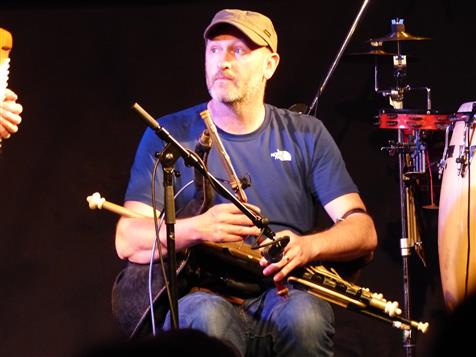
What do you think Fused’s greatest legacy is?
Itʼs 20 years since the album was made and Iʼve had lots of people tell me they still listen and enjoy it after all these years, and they still hear something new each time they listen to it. Also younger musicians say it inspired them take up an instrument or influenced their music so for me thatʼs the biggest compliment I could get.
Are there any young musicians on the trad scene today who you feel have the same approach as you did when you made Fused?
Thereʼs plenty of young talented bands out there, and their strength is sounding original. Thereʼs too many individuals to name, but if I could give any advice it would be putting your own stamp is really what you should be aiming for if you can. The trad scene is flourishing with fresh talent, in which I hope it continues for a very long time.
What are your plans for the future? Any plans to celebrate two decades of Fused?
2020 had plans to celebrate Fused20 at summer folk festivals all over Europe but due to the coronavirus pandemic, the majority of planned gigs have now been rescheduled for 2021 and Iʼm looking forward to playing live music again, whenever that may be.
In the meantime, keep well and stay safe.
You can listen to and purchase Fused, along with the rest of Michael McGoldrick’s back catalogue, on his Bandcamp page.
